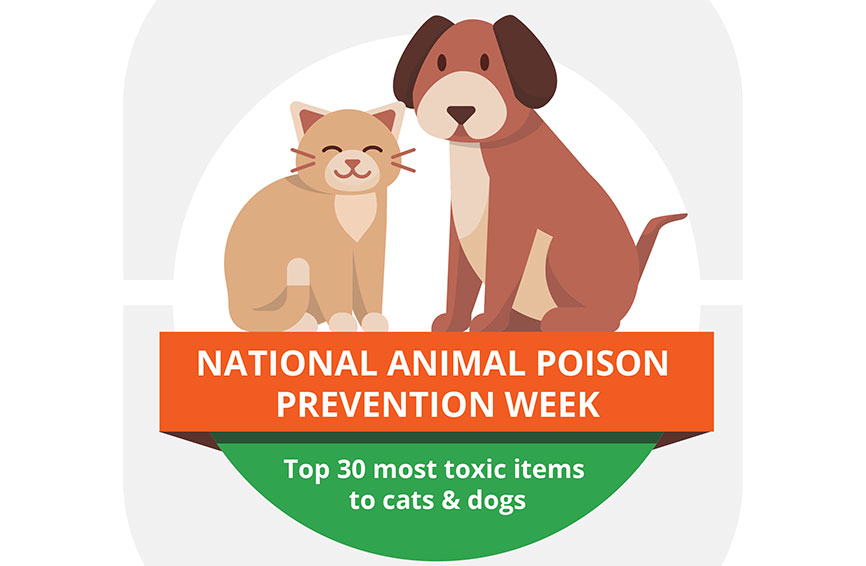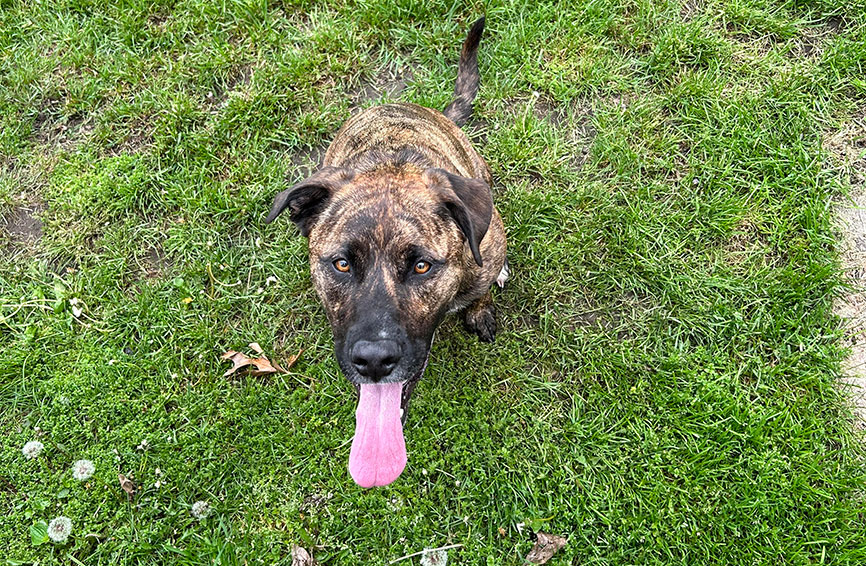Table of Contents
Key Takeaways
- Yes, dogs can safely eat coconut oil.
- Coconut oil may improve a dog’s energy, coat, and digestive issues.
- Overweight dogs should avoid coconut oil because it is high in saturated fat.
- Dogs prone to pancreatitis should not eat coconut oil.
- Try adding ¼ teaspoon of coconut oil to your dog’s diet to see how your dog responds to it.
When it comes to nutrition trends for humans, coconut oil is at the top of the list—however experts have pointed out that because coconut oil is high in saturated fats, it could increase the risk of heart disease.
But what about for pups? Yes, dogs can safely ingest coconut oil. Holistic vets recommend coconut oil to improve your dog’s energy and coat, as well as help with digestive issues. But not all of these claims have been scientifically proven, notes Dr. Babette Gladstein, a veterinarian based in New York. Ollie sat down with the vet to find out the health benefits and concerns around coconut oil—and whether it can really keep your dog healthy and running like a well-oiled machine.
Benefits of coconut oil for dogs
- Just as applying coconut oil to human skin can help increase hydration, applying coconut oil topically to your pup will help improve her skin and coat, says Gladstein. You simply rub a small amount through your pup’s fur and massage it into the skin—and integrating it into their diet can have a similar effect. Coconut oil may also help clear up skin conditions like eczema, notes Gladstein.
- Coconut oil can reportedly keep your pup’s brain sharp too: “It’s been proven that the fatty acids in coconut oil help improve cognitive function,” says Gladstein. It’s those same fatty acids that also aide in digestion and boost energy. According to Gladstein, coconut oil may regulate insulin to some degree, which can help keep your pup’s thyroid levels in check and stave off diabetic issues. We recommend consulting your vet before replacing any prescriptions with home methods.
Concerns of coconut oil
- Coconut oil is high in saturated fat, so “if your dog is overweight, you should use caution or maybe not even use it at all,” warns Gladstein. What’s more, some dogs may be allergic to coconut oil so if you notice an adverse reaction in your pup, stop using it.
- On that note, coconut oil doesn’t provide the daily fat requirements your dog needs. “The acids in MCTs don’t have enough omega-6 and omega-3 acids, and what it does contain isn’t processed very efficiently,” says the American Kennel Club.
- While coconut oil can help with digestive issues, it can also hurt; if a dog is given too much, it can cause diarrhea.
- Most importantly: dogs who have had a history of or are prone to pancreatitis should avoid coconut oil altogether. The fatty acids in coconut oil can aggravate and maybe even cause another bout of pancreatitis in some dogs, explains Gladstein.
“The truth is, just like with people, every dog is unique and will respond differently to coconut oil,” says Gladstein. If you want to try adding it to your dog’s diet, start with a small amount (about 1/4 teaspoon for small dogs) and pay attention to any changes in your dog’s appearance or behavior. If you notice any allergic or adverse reaction (including weight gain), stop feeding it to your dog and talk to your vet about alternate options – for example, fish oil has been studied more extensively than coconut oil and may reap those benefits your pup needs.
Maintain dog health insurance on your pets, so you’ll be able to get treatment for any kind of stomach upset.
Content provided by Ollie. The Ollie blog is devoted to helping pet parents lead healthier lives with their pups. If you want to learn more about our fresh, human-grade food, check out MyOllie.com.
Curious about what is okay and not okay for your dog to eat? Check out our comprehensive guide on what human foods are safe and not safe for dogs.








